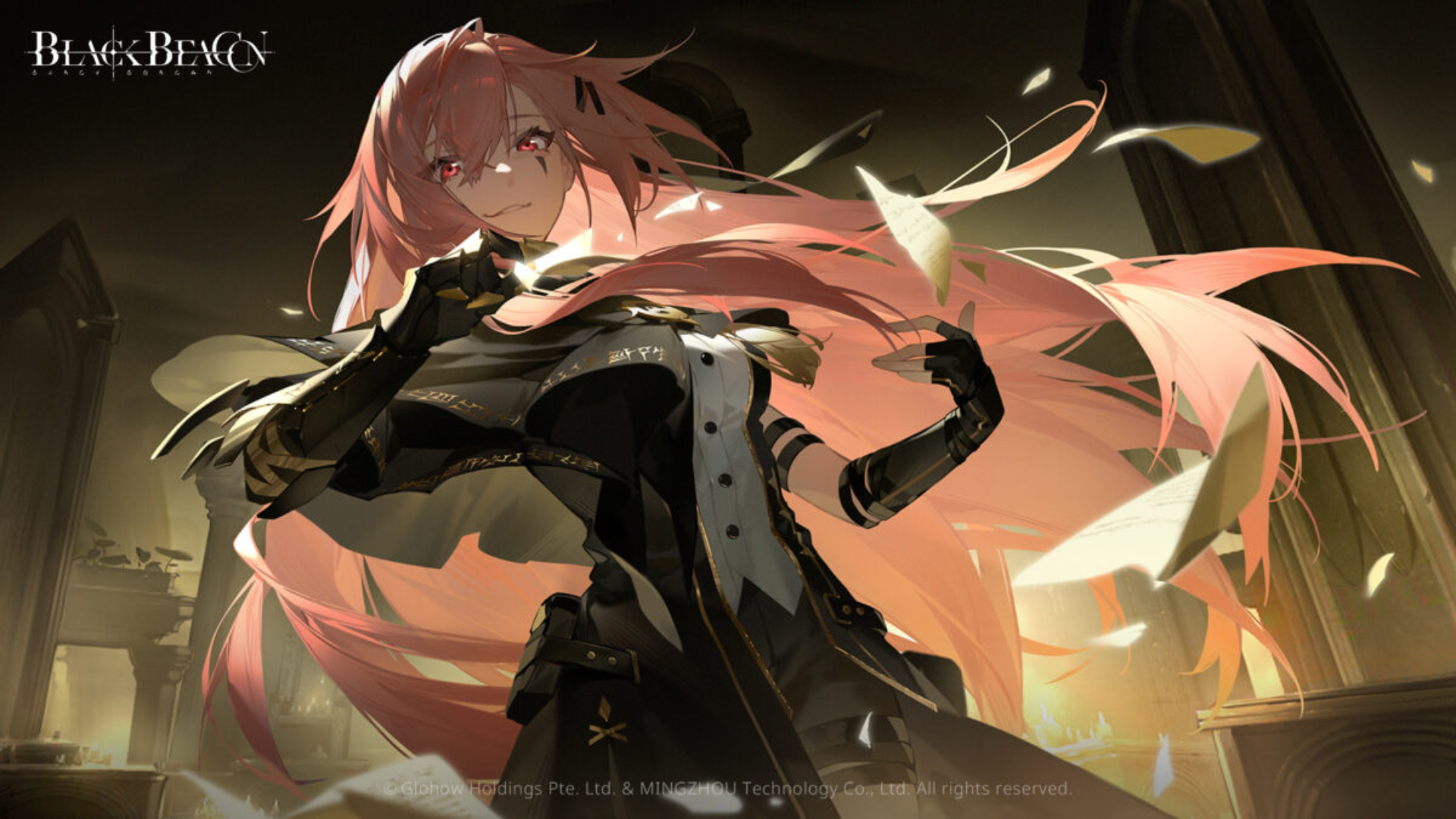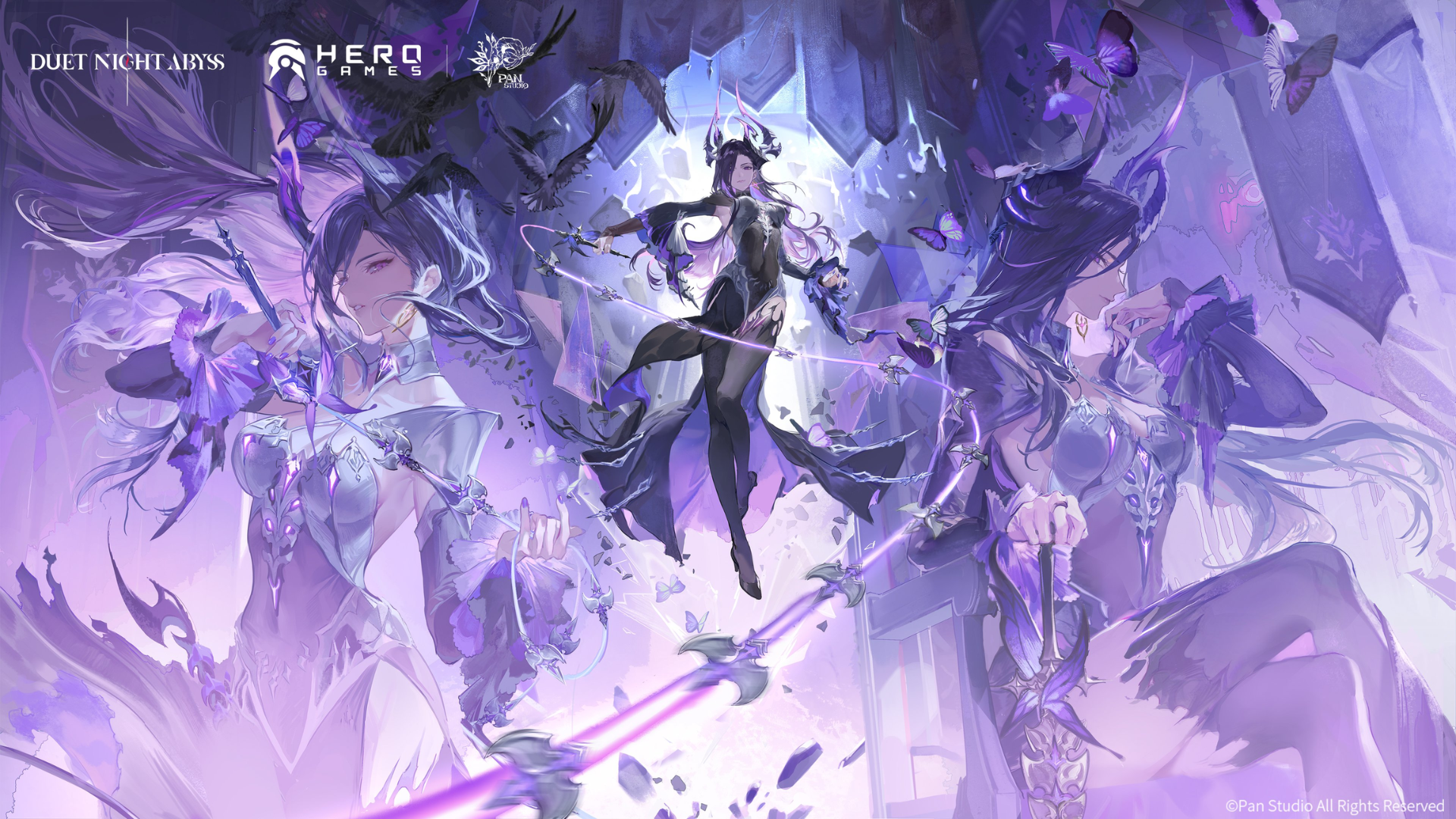Daily Login Fatigue: Why Gacha Games Need to Respect Player Time
In the world of mobile gaming, the “daily login” ritual is everywhere, a banner reward here, a 10‑gem bonus there, and a “login streak” meter that tracks your commitment. But when does this convenience become pressure? When does that ten‑second tap turn into an obligation? Daily login fatigue is a real and growing issue in gacha games, and developers who ignore it risk pushing players away.
What Is Daily Login Fatigue?
Daily login fatigue refers to the emotional and mental burnout players feel when they begin to see daily login tasks as a chore, rather than a perk. What started as a small habit to claim rewards evolves into an obligation: “I have to log in every day or I’ll lose value.” Over time, that pressure diminishes joy, erodes player goodwill, and contributes to churn.
Players on forums describe it succinctly:
“Games shouldn’t be a chore. Only play when you want to, not when you feel obligated to.”
“I stop doing dailies … when I feel tired … focus on other work and you’ll break that doing dailies habit.”
The line between engagement and compulsion is fine, but crossing it undermines the trust and enjoyment a game should foster.
Why Gacha Players Burn Out on Daily Logins
1. Time vs Reward Imbalance
A login bonus might take seconds, but stacking many tiny tasks (claiming rewards, opening mails, doing optional missions) consumes cognitive bandwidth. If the perceived value drops, the habit breaks.
2. FOMO and Guilt Traps
Missing a login day often feels like losing something, even small amounts, because many systems use “vengeance rewards,” tiered streaks, or escalating bonuses. This fear of missing out (FOMO) becomes a guilt lever.
3. Perceived as “paying with time”
Some players see daily logins as an implicit tax on their time. One Reddit commenter put it clearly: “you are paying with your time … which is what the majority of ppl don’t see.”
4. Cumulative fatigue across multiple games
For players juggling several gacha titles, the cumulative cost of logging multiple accounts can be overwhelming, especially when each game expects daily attendance.
The Downside: What Happens When Respect Is Ignored
| Consequence | Impact on Player / Game |
|---|---|
| Churn | Players drop out or uninstall when it feels too much. |
| Reduced engagement | Players log in just enough to avoid streak loss. |
| Brand resentment | Players grow to see the game as coercive. |
| Monetization backlash | Spending is discouraged when the base experience feels manipulative. |
The design irony is clear: to “reward” players for loyalty, many systems instead punish them for absence. That is a dangerous path for sustained engagement.
How Gacha Games Can Respect Player Time
1. Grace windows & catch-up mechanics
Allow players to recover missing login days, or offer “streak forgiveness” so one miss doesn’t reset everything.
2. Mail bonuses instead of login-only
Flexibility to claim rewards at will makes the system feel generous rather than controlling.
3. Tiered bonus curves with diminishing returns
After a certain streak length, incremental rewards taper off, preventing overcommitment.
4. Separation of cosmetic vs. power rewards
Make essential progression less tied to streaks; let the daily bonus be a “nice extra,” not a gate.
5. Transparency and opt-in
Let players see exactly what they gain, and optionally disable streak tracking if they prefer less pressure.
By adopting these approaches, a gacha game can preserve the psychological nudge of daily bonuses, without turning them into oppressive habits.
Final Thoughts
Daily login fatigue is more than a minor annoyance, it’s a symptom of design that undervalues player autonomy. For us at Ultimategacha.com, this topic is crucial: as an informed community, highlighting better systems and best practices sends a signal to developers and players alike.
When gacha games respect player time, they shift away from coercion and toward long‑term engagement rooted in fun, not fear. And that’s the kind of loyalty that lasts.



